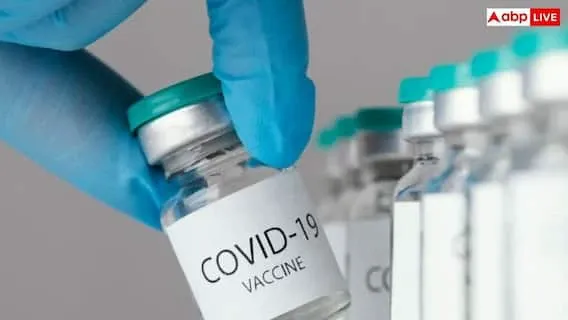The findings, published in Nature Communications, raise concerns about the long-term effects of COVID-19 on future generations.
Previous research has shown that environmental and lifestyle factors in male mice, such as a poor diet before mating, can influence offspring behaviour by altering the information carried in sperm, including specific RNA molecules. Researchers at the University of Melbourne's Florey Institute of Neuroscience and Mental Health investigated whether COVID infection could have a similar impact.
In the study, male mice were allowed to recover from SARS-CoV-2 infection for several weeks before mating with healthy females. The offspring displayed heightened anxiety-like behaviours compared to offspring from uninfected fathers. Female offspring also showed significant changes in gene activity in the hippocampus, a brain region linked to anxiety and depression.
Further analysis revealed that COVID had altered RNA molecules in the fathers' sperm, affecting genes critical for brain development.
Lead researcher Professor Anthony Hannan said, 'If these findings are applicable to humans, millions of children worldwide could be affected, with major public health implications,' while emphasising the need for further research to understand the phenomenon fully.
